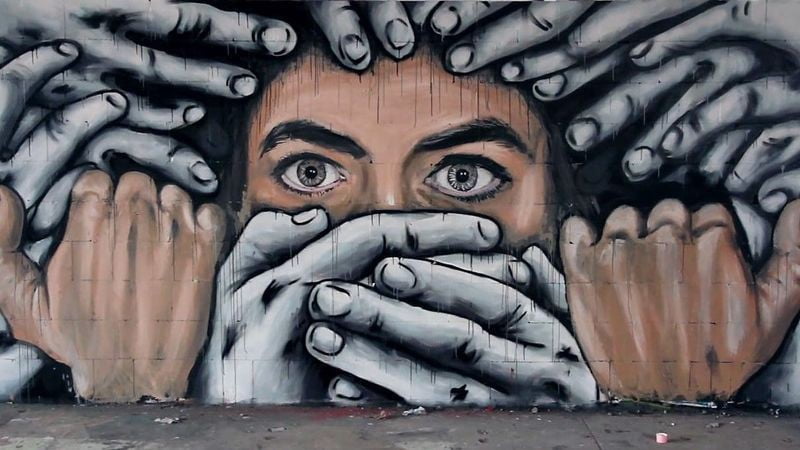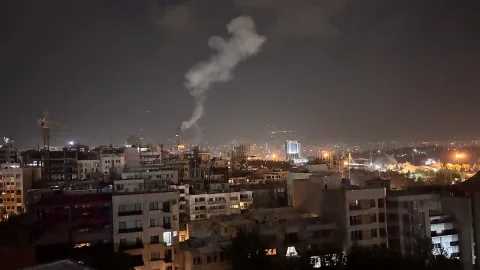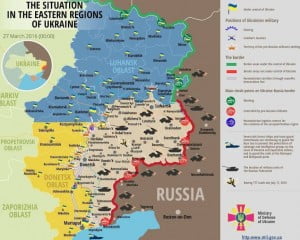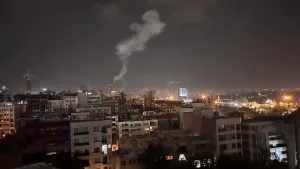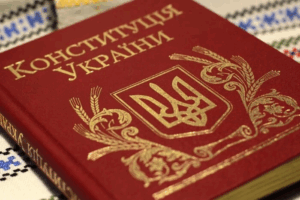The draft law on misinformation suggests the government try to control freedom of speech in Ukraine.
The current government seems to have decided to get even with the information society and journalists for their directness – to impose their own rules. According to the draft law on misinformation, fines for journalists and editorial offices will amount to UAH 4.7 – 9.5 million (USD 200,000 – 400,000) or 7 years in prison.
What does the draft law violate?
The draft law violates Art. 34 of the Constitution of Ukraine:
“Everyone shall be guaranteed the right to freedom of thought and speech, to the free expression of their views and beliefs.
Everyone has the right to freely collect, store, use and disseminate information by oral, written or other means at their discretion…”
Why does the draft law cause dissatisfaction?
It proposes to introduce a position of Information Commissioner to identify and combat misinformation. Therefore, this official is quite likely to resort to manipulation.
It suggests that some NGOs will assign a trust index to the media adhering to the standards of journalism. What will these organizations be and how will they be selected?
It suggests creating a journalistic self-government organization that will issue a professional journalist’s certificate. All other journalists will be considered “ordinary”. This will lead to a discord in society and divide the journalist community into castes.
Dissemination of misinformation entails a fine of 1,000 minimum wages (UAH 4.7 million as of January 2020) if a retraction is voluntarily, and 2,000 minimum wages (UAH 9.5 million as of January 2020) if it involves court proceedings. This regulation gives free rein to influential officials, who have an army of lawyers and can resolve issues in the courts.
Misinformation related to national security issues entails criminal liability. For disseminators of this information – from 5,000 to 10,000 tax-free minimums or 1 to 2 years corrective labor.Those who disseminate misinformation via computer systems and search robots and finance this – up to 7 years in prison. By the way, it is not explained what exactly falls under national security issues and can lead to criminal liability.
It would be interesting to know whether “Putin – khuilo” can be regarded as misinformation.
A media information disseminator is an individual or a legal entity that creates or distributes information. A media information disseminator shall place his identity details on the homepage of his website, webpage or in the section about the owner on the online public access platform or in messengers.
In practice, if, for example, a power-holder does not like a journalistic investigation, the commissioner will quickly call it misinformation and a threat to national security, and will demand a retraction and apology, otherwise a court will penalize and imprison a journalist.
However, the draft law does not provide for government agencies’ criminal liability for dissemination of false or manipulative information and misinformation, ” noted “Pryamyi” channel.
Journalists, investigators, bloggers, media workers and even media outlets often get physical pressure and interference in their activities. According to the National Union of Journalists of Ukraine, “60 instances of physical aggression against media workers were reported in 10 months of 2019.” However, experience and statistics show that neither the state nor law enforcement agencies protect people engaged in journalism.
Why does the government oppress the public and the media instead of protecting them?
Source: Igor Bondarchuk, STOP CORRUPTION
Tags: hybrid war hybrid warfare russia ukraine russian agents Ukraine Ukraine government
